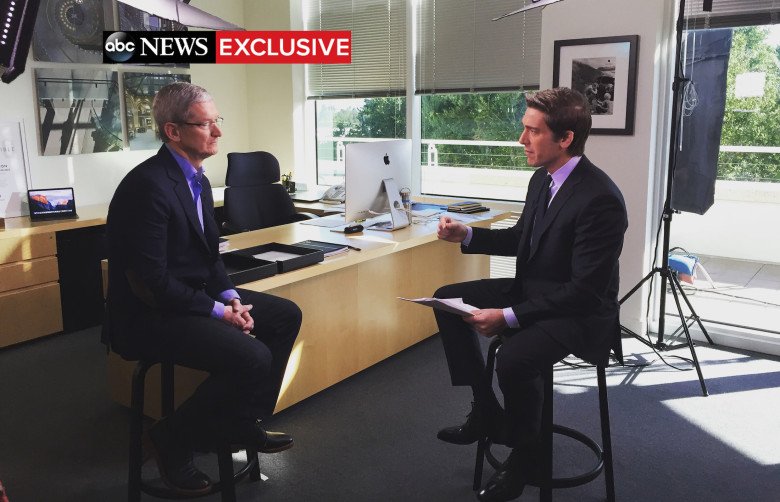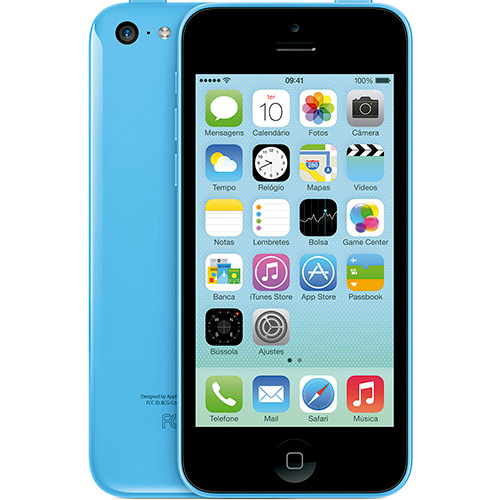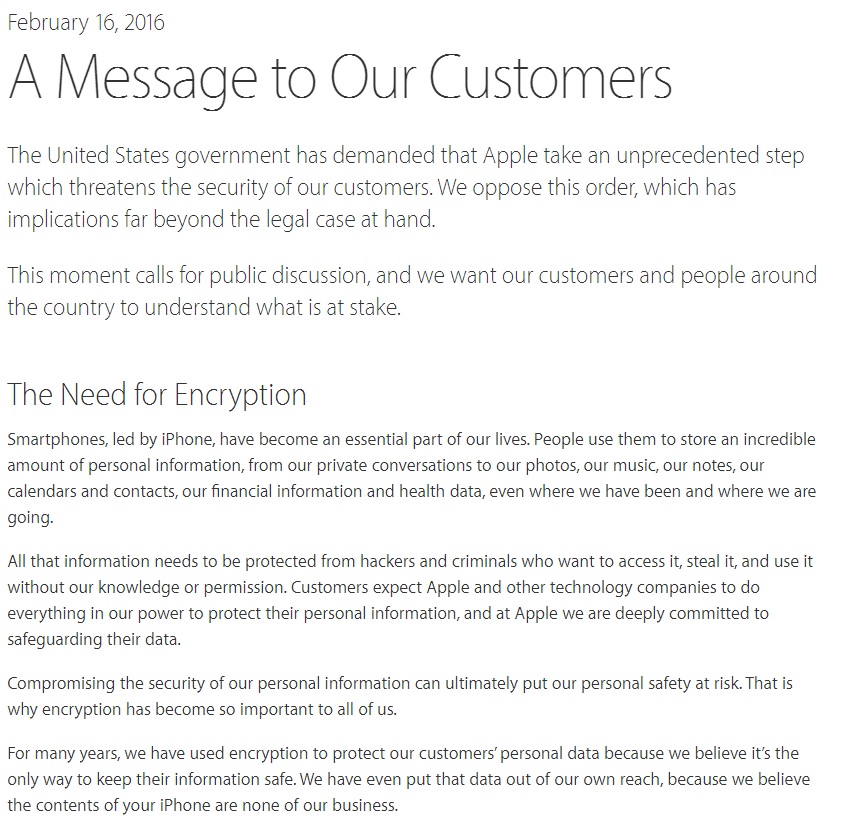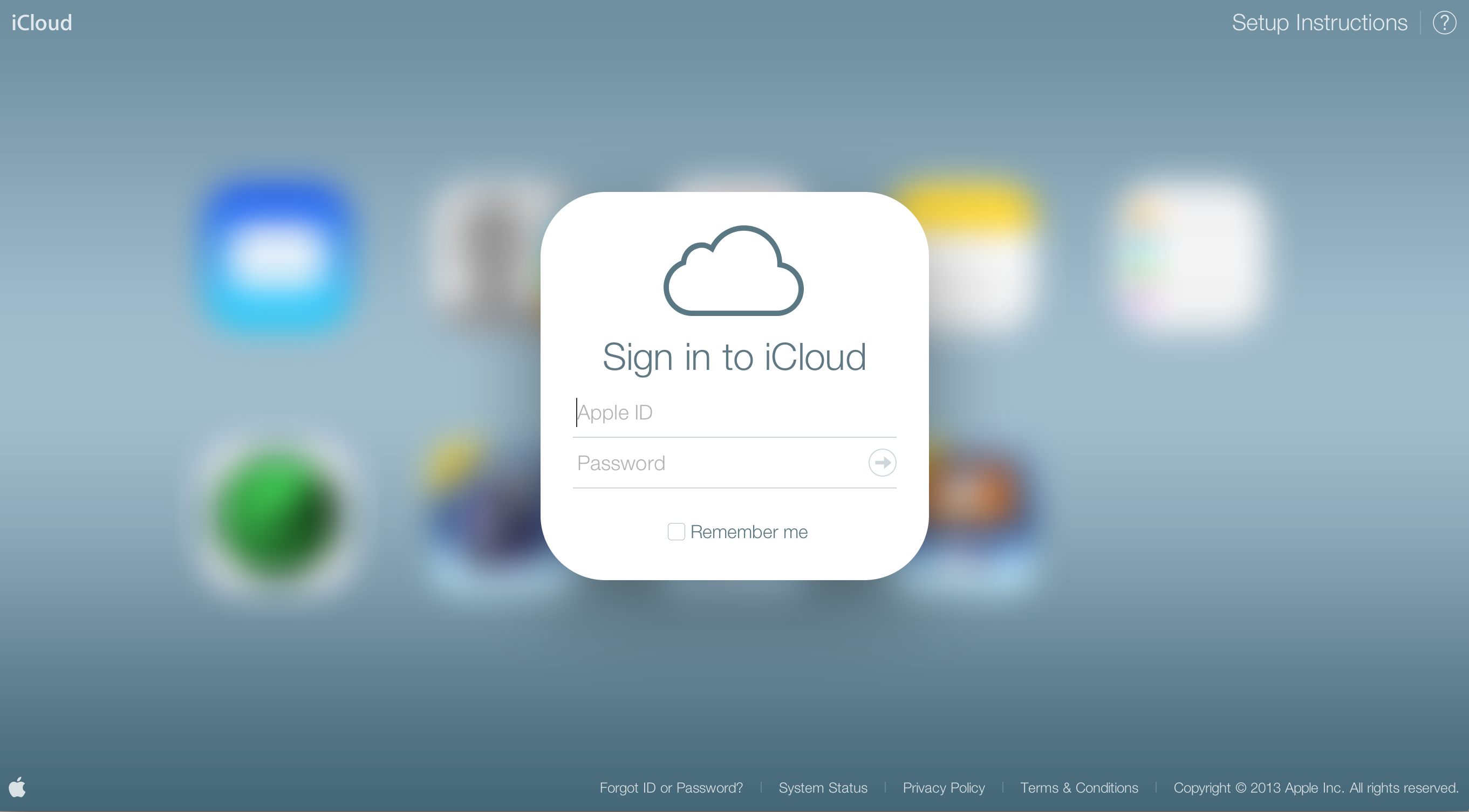The legal battle between Apple and the FBI surrounding encryption is going to be one that will stretch on for the entire year. It is not an exaggeration to say that the FBI wanting Apple to provide it with tools that would allow the agency to circumvent encryption is something that may have very dire consequences in the near future, even if you’re not living in the United States.
Seeing as the battle between the Apple and the FBI is a rather complicated case, for the first part of this story, I’ll be giving you a rundown of everything that has transpired that led up to the FBI getting a court order to compel Apple into creating a method to gain access to a locked iPhone.
Image source: The New York Times
The Beginning : The San Bernardino Attack
On December 2nd, 2015, an American couple conducted a mass shooting as well as an attempted bombing at the Inland Regional Center in San Bernardino, California. The perpetrators, Syed Rizwan Farook and Tashfeen Malik, are considered “homegrown violent extremists” that were inspired by foreign terrorist groups such as ISIS. The attack caused the death of 14 people and seriously injured 22 others. The attack culminated in the couple being killed by the police after engaging with a firefight with them.
Court Order : FBI compels Apple to assist in case
As the FBI was investigating the terrorist attack that occured in San Bernardino, they’ve stumbled upon a San Bernardino County-owned iPhone 5C that was used by Farook. On the the 9th of February 2016, the FBI publicly reveals that they have been unable to unlock the iPhone in question due to its advanced security features, including encryption of user data.
Because the accessible iCloud backup data from the phone does not include the shooter’s recent online activites, the FBI approached Apple to create a new version of the phone’s iOS operating system. This operating system could be installed and run in the phone’s random access memory, allowing it to disable certain security features. Apple refused, stating that it is the company’s policy to never undermine the security features of its products. With Apple not willing to co-operate with them, the FBI successfully acquired a court order from a federal judge, compelling Apple to provide the FBI “reasonable technical assistance” in order to recover data from the iPhone.
 Source: The Washington Post
Source: The Washington Post
Now usually, should a court want to compel an individual or a company to do something, they would issue a subpoena. In this case, the federal court issued Apple not a subpoena, but an order under the All Writs Act of 1789. The All Writs Act authorizes the United States federal courts to “issue all writs necessary or appropriate in aid of their respective jurisdictions and agreeable to the usages and principles of law.” However, there are four conditions that must be fulfilled before the All Writs Act can be applied, one of which is that the act is only applicable when other judicial tools are not available. The last time that the All Writs Act was successfully applied was in United States v. New York Telephone Co. of 1977. In this case, the United States Supreme Court held that law enforcement officials may obtain a court order forcing telephone companies to install pen registers in order to record the numbers called from a particular telephone.
The usage of the All Writs Act in this case is, according to legal experts, unprecedented. Furthermore, some believe that should Apple be successfully compelled to assist the FBI in such a way via the use of the All Writs Act, it would set a legal precedent that may affect future cases.
The Rebuttal : Tim Cook’s Letter
Upon receive the court order from the FBI, Apple publicly states that it would oppose the order. In a public letter issued by Apple and signed by Tim Cook, they believe that by designing a backdoor for the FBI, they would be “undermining decades of security advancements that protect our customers – including tens of millions of American citizens – from sophisticated hackers and cybercriminals.”
 Source: ABC News
Source: ABC News
Apple would also go on to state that the FBI’s use of the All Writs Act have terrifying implications. They claim that if the government could use the All Writs Act to make it easier to unlock the iPhone, it would potentially “have the power to reach into anyone’s device to capture their data.” They further stated that the government could “extend this breach of privacy and demand that Apple build surveillance software to intercept your messages, access your health records or financial data, track your location, or even access your phone’s microphone or camera without the user’s knowledge.”
Apple’s rebuttal of the court order has led the United State’s Department of Justice to file a separate application that urges a federal judge to compel Apple to comply with the order. Seeing the amount of negative PR that the FBI was receiving, director of the FBI James Comey wrote on Lawfare that the FBI isn’t interested in setting any new precedent. Comey states that they’ve merely requested of Apple to give them “the chance, with a search warrant, to try to guess the terrorist’s passcode without the phone essentially self-desructing and without it taking a decade to guess correctly.” Comey further states that the FBI has no intention of “breaking anyone’s encryption or set a master key loose on hand.”
The Mistake : FBI misses opportunity to get data via iCloud backup
Eventually, Apple executives would reveal that the company has provided the FBI with four alternative ways to access data from the iPhone aside from the controversial backdoor method. Out of the four options, one of the more encouraging ones relies on the fact that the iPhone in question would have its data backed up into iCloud, allowing the FBI to some data from the iPhone without needing to crack it.
This method would be ruled out as when the iPhone was first retreived, the San Bernardino Department of Health worked with the FBI to reset the iCloud password as the county owned the account and was able to reset the password in order to provide immediate access to the iCloud backup data. This caused the iCloud password on the iPhone itself to be wrong, and if they wanted to receive the backup data, they need to re-enter the correct password on the iPhone that they couldn’t access in the first place. The Department of Justice admitted that this was indeed the case, but added that any backup would have been “insufficient” because it didn’t have the same amount of information as what was on the phone itself. They also believe that the shooter had turned off auto-backup, saying the phone had been auto-updating weekly until the last backup six weeks before the shooting.
Now that you have the general picture of the encryption battle between the FBI and Apple, we’ll be looking at the supporters and arguments for both sides of this particular case.
Source: Reuters, NBC News, The New Yorker, ABC News, KTLA





